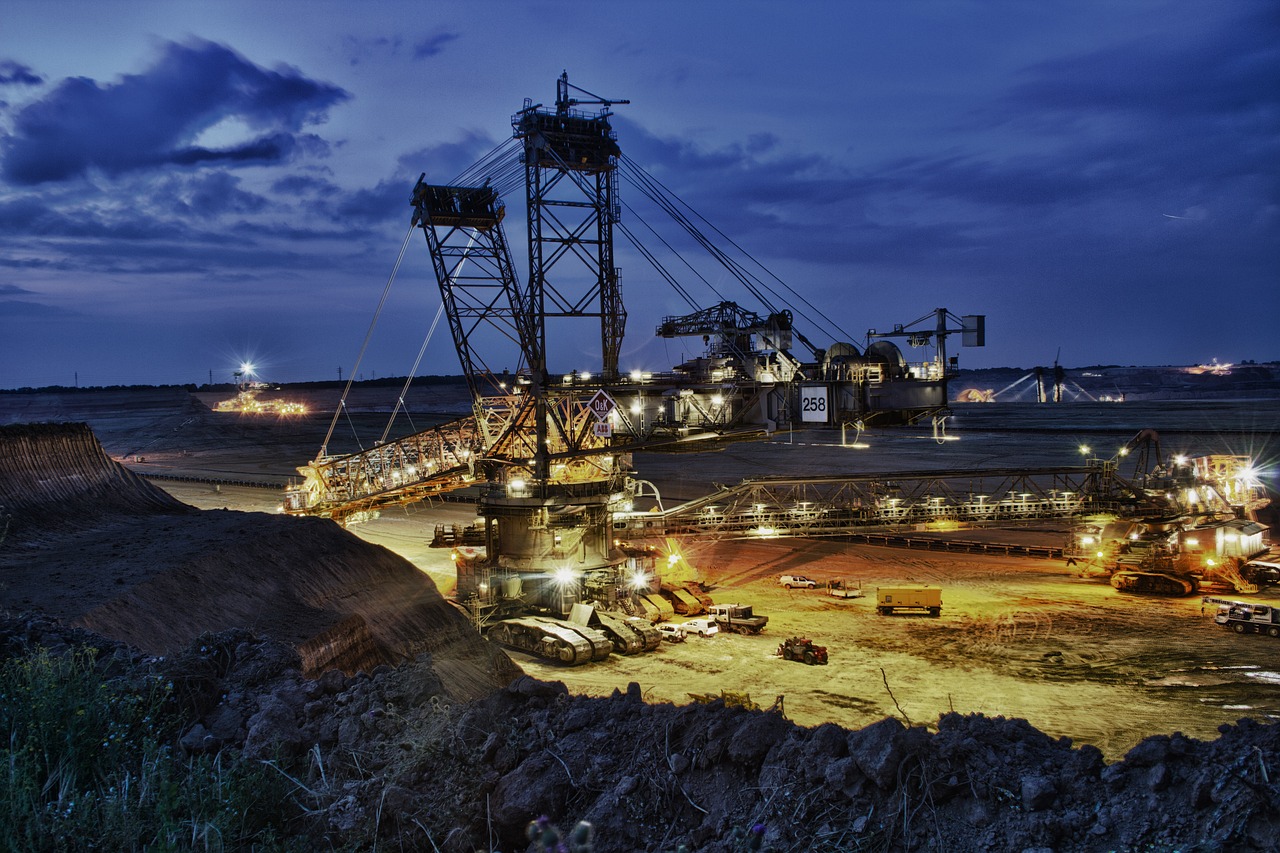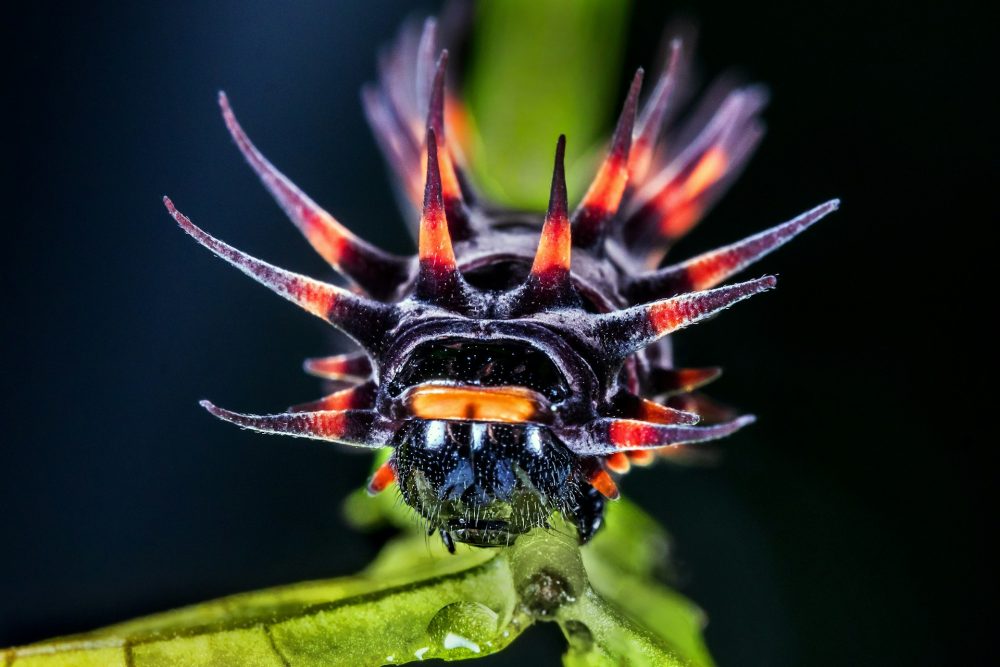Africa
DRC Relaunches Activities at Kipushi Zinc Mine in Katanga
Ivanhoe Mines and Gécamines are revitalizing the Kipushi mine in the DRC, aiming to produce the world’s highest-grade zinc (36.4%). Ivanhoe owns 68%, but Gécamines’ stake will rise to 38%, eventually becoming the majority shareholder. Powered by hydroelectric energy, the mine targets low emissions and a lifting capacity of 1.8 million tonnes annually.

DRC President Félix Tshisekedi officially restarted zinc production at the KICO (Kipushi Corporation) mine, a joint venture between Gécamines and Ivanhoe Mines, this Sunday, November 17th, 2024. The Kipushi zinc-copper-germanium-silver-lead mine, according to sources, is the highest-grade zinc mine in the world.
Construction of the new 800,000-tonne-per-year concentrator was completed in May 2024 and the first concentrate was produced in June 2024.
Indeed, the operation of this mining project is devolved to the Chinese group Ivanhoe, which acts in a joint venture with Gécamines. Thus, Ivanhoe acquired a 68% stake in the Kipushi project in November 2011, through Kipushi Holding, 100% owned by Ivanhoe Mines. The remaining 32% share in the project is held by the DRC’s state-owned mining company, Gécamines, which will see its stake increase to 38% once the conditions precedent of the updated joint venture contract, signed at the end of 2023, are met.
The Kipushi mine is located near the town of Kipushi in the DRC, approximately 30 kilometres southwest of Lubumbashi, the provincial capital of Haut-Katanga
The project is based on a high-grade zinc-copper mine located in the Central African Copperbelt. Between 1924 and 1993, the mine produced approximately 60 million tonnes of ore with a zinc grade of 11% and a copper grade of 7%. In addition, between 1956 and 1978, the mine produced 12,673 tonnes of lead and approximately 278 tonnes of germanium. Since 1993, the mine has been operated under a care and maintenance contract. In late 2022, Ivanhoe and its partner Gécamines signed an agreement to restart production at Kipushi.
According to Placide Nkala, CEO of Gécamines, underground development is progressing, opening multiple access levels in the “Big Zinc” ore body, while development of the drifts is progressing rapidly. As of December 31, 2023, 4,565 meters of side and main drifts had been developed, including 3,957 meters completed during 2023, approximately 20% ahead of schedule.
Stope access drifts are being developed at the 1,245 m, 1,260 m, 1,290 m and 1,320 m levels, while work at the 1,335 m level is progressing satisfactorily. Waste rock and low-grade ores extracted during the advance are being hoisted to the surface through Shaft 5, where they are being stored. This well will become the main production well, with a maximum lifting capacity of 1.8 million tonnes per year.
Project technicians specify that the bottom of shaft 5 constitutes the main access to the lower levels of the mine, in particular to the ore body of “Big Zinc”, along the transport level located at 1,150 meters.
At the end of the second quarter of 2024, approximately 336,000 tonnes of development ore, with an average zinc grade of 23%, were stockpiled on surface. A total of 18,733 tonnes had been mined at the 1,245 m level, with an average zinc grade of 18.7%. Mining panels have been established between the 1,290 m and 1,320 m levels.
Powered by renewable hydroelectric power, the Kipushi mine is expected to become one of the lowest emitters of greenhouse gases (Scope 1 and 2) per tonne of zinc metal produced. It will also become the world’s largest zinc mine by grade, with an average grade of 36.4% over the first five years of production.
Freddy Lukasso, senior advisor to the Head of State of the DRC and organizer of the presidential trip to Kipushi, emphasizes that within the framework of the partnership between Ivanhoe and the DRC via Gécamines, the latter will become the majority shareholder in two years, following the relaunch of activities.
__
(Featured image by nettetal10 via Pixabay)
DISCLAIMER: This article was written by a third party contributor and does not reflect the opinion of Born2Invest, its management, staff or its associates. Please review our disclaimer for more information.
This article may include forward-looking statements. These forward-looking statements generally are identified by the words “believe,” “project,” “estimate,” “become,” “plan,” “will,” and similar expressions. These forward-looking statements involve known and unknown risks as well as uncertainties, including those discussed in the following cautionary statements and elsewhere in this article and on this site. Although the Company may believe that its expectations are based on reasonable assumptions, the actual results that the Company may achieve may differ materially from any forward-looking statements, which reflect the opinions of the management of the Company only as of the date hereof. Additionally, please make sure to read these important disclosures.
First published in Financial Afrik. A third-party contributor translated and adapted the article from the original. In case of discrepancy, the original will prevail.
Although we made reasonable efforts to provide accurate translations, some parts may be incorrect. Born2Invest assumes no responsibility for errors, omissions or ambiguities in the translations provided on this website. Any person or entity relying on translated content does so at their own risk. Born2Invest is not responsible for losses caused by such reliance on the accuracy or reliability of translated information. If you wish to report an error or inaccuracy in the translation, we encourage you to contact us

-

 Crypto6 days ago
Crypto6 days agoEthereum Pushes AI Integration With ERC-8004 and Vision for Autonomous Agents
-

 Biotech2 weeks ago
Biotech2 weeks agoByBug Turns Insect Larvae into Low-Cost Biofactories for Animal Health
-

 Business1 day ago
Business1 day agoDow Jones Near Record Highs Amid Bullish Momentum and Bearish Long-Term Fears
-

 Business1 week ago
Business1 week agoDow Jones Breaks 50,000 as Bull Market Surges Amid Caution and Volatility















